
The hair dryer industry has been undergoing a transformation, driven by advancements in technology and a growing emphasis on environmental sustainability. As consumers become more tech-savvy and environmentally conscious, manufacturers are increasingly focusing on producing smarter and more energy-efficient products. In this context, two key trends have emerged: the rise of smart hair dryers and the push for energy-efficient designs. These changes are not only improving user experiences but also aligning with global efforts to reduce environmental impact.
Smart Hair Dryer: Change User Experience
The integration of smart technology into everyday appliances is a significant part of the ongoing technological revolution. The hair dryer industry is no exception, as we see the development of pro hair dryers that incorporate intelligent features, enhancing the user experience. Smart hair dryers can now adapt to different hair types and drying preferences, offering features like automatic temperature adjustment, personalized settings, and even scalp protection modes. For instance, a smart hair dryer can detect the distance between the dryer and the hair, adjusting the heat levels accordingly to avoid overheating and hair damage.
In addition to protecting hair health, smart hair dryers often come with accessory setting memory functions that save preferred settings for individual users, making them even more convenient. These devices can also include pause detection modes, automatically turning off the heat if the dryer is idle for a set period. Such features not only make the drying process more efficient but also extend the lifespan of the appliance by preventing unnecessary wear and tear.
Furthermore, pro hair dryers equipped with IoT technology allow for remote control and customization through smartphone apps. This enables users to tailor their hair care routine even further, offering a truly personalized experience. As the demand for smart products continues to grow, the hair dryer industry is evolving to meet the expectations of modern consumers who seek both innovation and convenience in their daily routines.
Energy-Efficient Hair Dryers: Reducing Environmental Impact
While technological advancements in hair dryers are exciting, the industry's shift toward environmental consciousness is equally significant. An energy-efficient hair dryer not only reduces electricity consumption but also plays a crucial role in minimizing the ecological footprint. Manufacturers are increasingly turning to high-performance, energy-saving components like permanent magnet fans. These fans, combined with permanent magnet synchronous motors, are highly efficient, with a power factor and efficiency that are far outstanding to traditional fan motors. As a result, an energy-efficient hair dryer can save between 20% and 30% of electricity compared to older models, significantly reducing household energy consumption.
The energy-saving benefits of these modern devices go beyond just lowering utility bills. By using less electricity, these dryers indirectly reduce the demand for fossil fuels used in power generation. This guides to fewer carbon dioxide and sulfur dioxide emissions, contributing to cleaner air and a more sustainable future. Furthermore, the reduction in energy consumption is in line with global efforts to combat climate change and improve overall environmental health.
In addition to using energy-efficient motors, manufacturers are also focusing on the materials used in the production of hair dryers. Many pro hair dryers now feature components made from eco-friendly materials, such as recycled plastics and sustainable metals. The use of these materials not only reduces the environmental impact of production but also ensures that the products themselves are easier to recycle at the end of their lifespan. The combination of energy-efficient technology and sustainable materials is a key strategy for creating a more eco-conscious hair dryer industry.
The Future of Hair Dryers: Smart and Sustainable
Looking ahead, the future of the hair dryer industry appears to be defined by the integration of smart technology and sustainable practices. As smart hair dryers continue to evolve, manufacturers are likely to introduce even more innovative features, such as AI-driven hair care recommendations and enhanced customization options. At the same time, the industry's commitment to energy-efficient designs will only grow stronger, as consumers demand products that not only enhance their lifestyle but also contribute to a more sustainable planet.


 English
English 中文简体
中文简体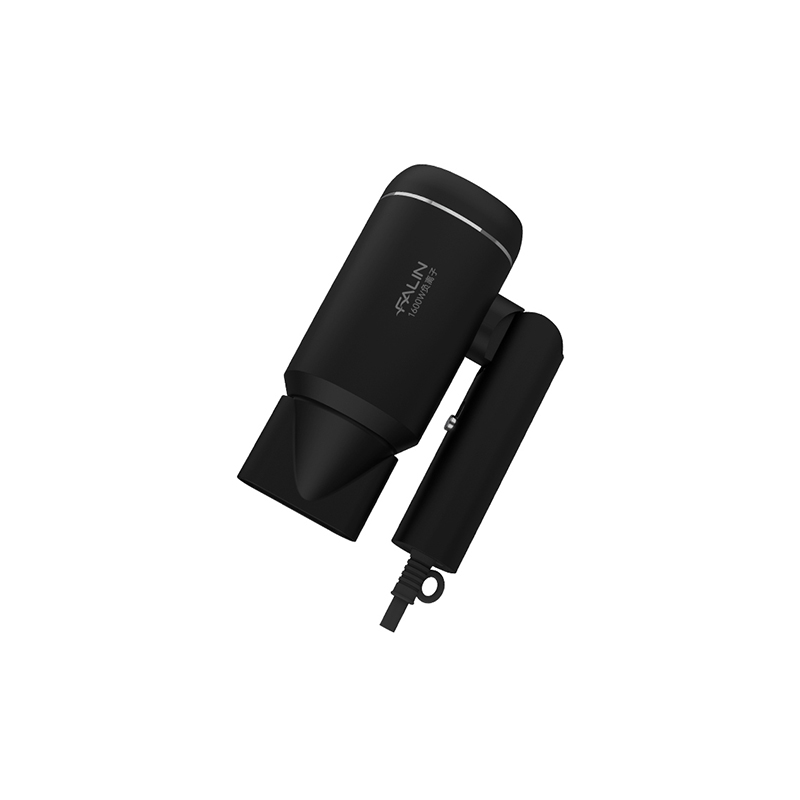
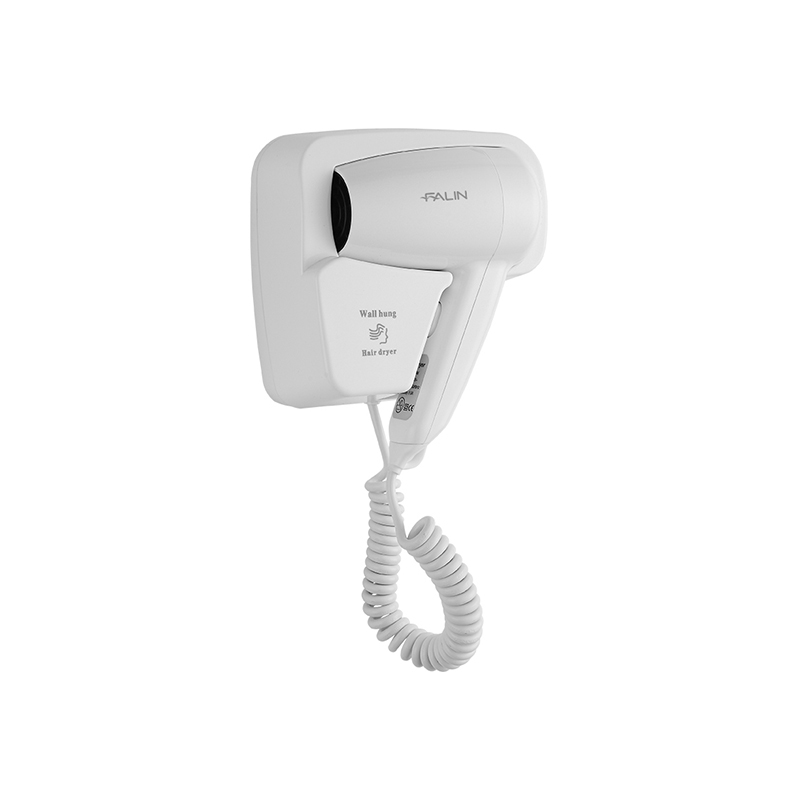
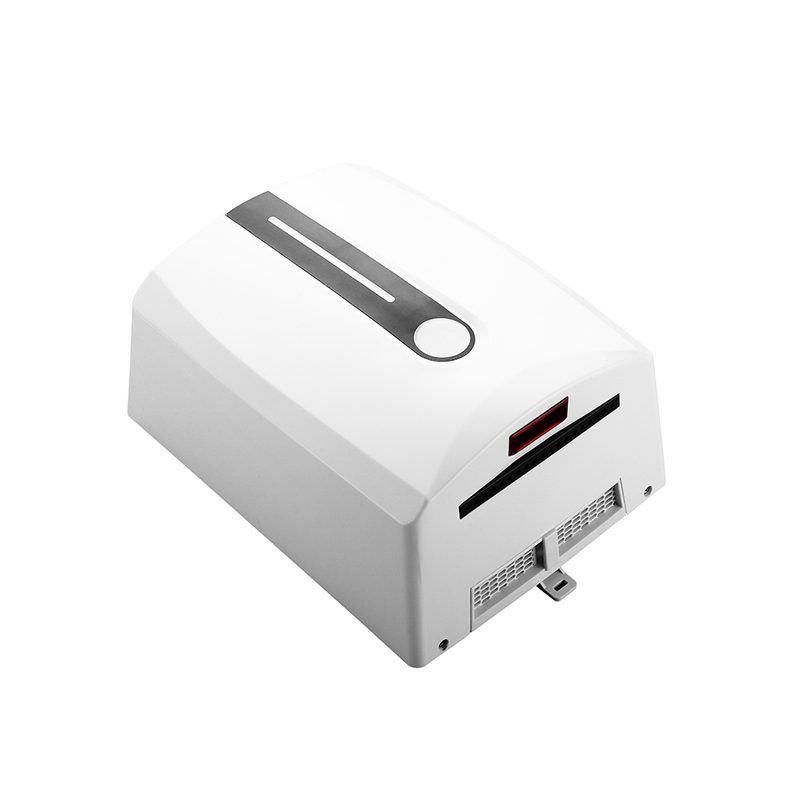
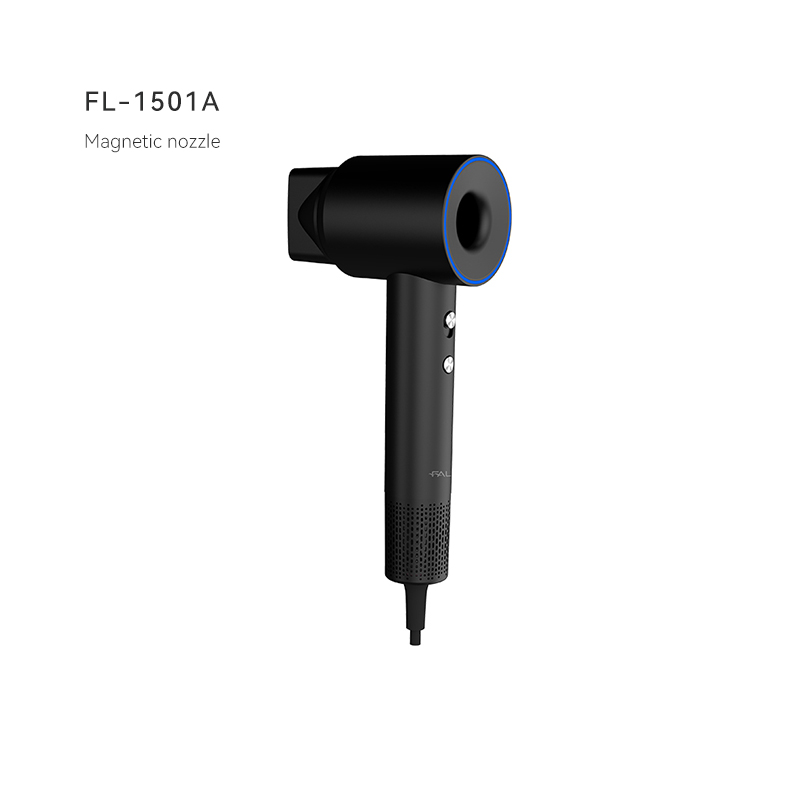
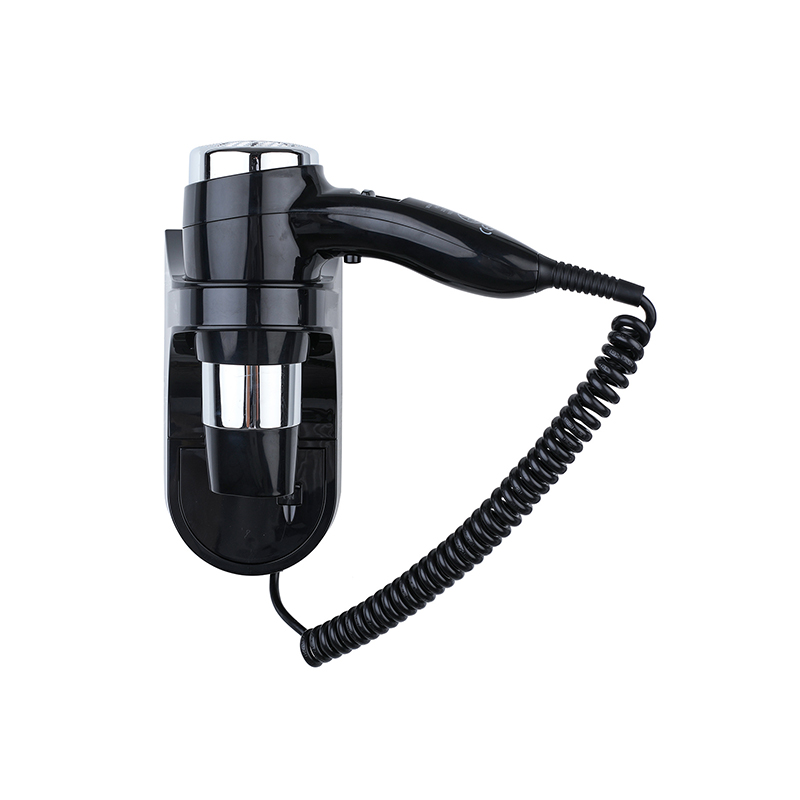


 Building 19, Block 9, Bihu Wangyang Town, Liandu District, Lishui City, Zhejiang Province, China
Building 19, Block 9, Bihu Wangyang Town, Liandu District, Lishui City, Zhejiang Province, China 